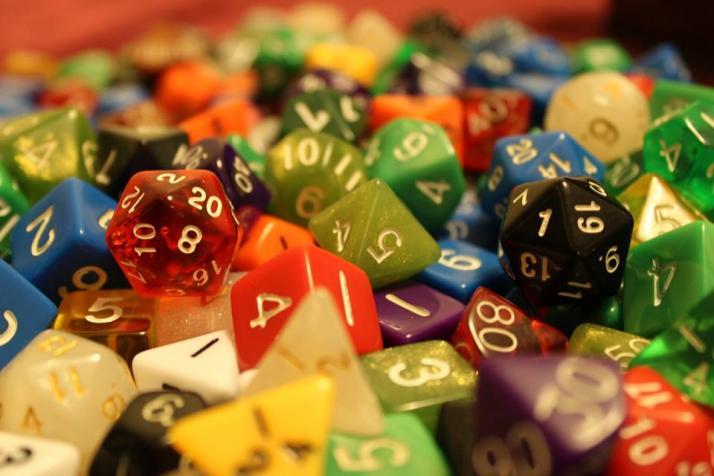Game Design from Home: How John Bowditch & his Students are making Online Learning Work
As distance learning remains for much of higher education, Ohio university professors continue to work on reliable and creative ways to teach their students virtually but still give them the same standard of education that they would gain in an in-person classroom. From the J. Warren McClure School of Emerging Communication Technologies, Professor John Bowditch, director of the Game Research and Immersive Design (GRID) Lab, sorts through these challenges this semester with his Digital Game Design class, an introductory class to the Game Development track in the Games and Animation degree.
MDIA 2401: Digital Game Design is a class that explores the game design process conceptually and physically, students using the knowledge they gain via discussion and research to design, prototype, and play-test several games by the end of the course. When taught in person, students would have access to a variety of resources to build games – dice, game pieces, cards, etc. – and would use those resources while prototyping their projects. With distance learning, however, those resources aren’t always readily available. Already this semester, Professor Bowditch has sent supplies to his students via snail-mail, sending his students dice, a common tool for prototyping, but not necessarily a resource all students have at home.
Lecture wise, Professor Bowditch has been using Microsoft Teams and GroupMe to communicate with his students. Via Teams, he continues to have synchronous meetings that are recorded, allowing students who were unable to attend to watch the lecture at a later time. Unlike in person meetings, flow and discussions via voice chat has proved to be difficult, students afraid of speaking over one another and thus resulting in limited participation and an overall lack of organic feeling to class lectures. To work around that, Professor Bowditch has moved a lot of the “in-class” discussions to GroupMe, utilizing polls and discussion points to encourage conversation. While Teams has worked well, the possibility of “Zoom fatigue” is a concern for Professor Bowditch as almost all of his students’ classes utilize video calls to conduct lectures, which can be exhausting.
“The students and I are making this class work,” says Professor Bowditch, “The students are working hard, attending regularly, and are doing excellent work on assignments. Because game design is such an iterative process, I think the physical activities completed within a classroom will always outweigh remote learning, but given the circumstances this class is adapting well.”
To learn more about what the McClure school is doing to keep students engaged and provide them the best experience we can, check out our article on Brandon Saunders and how he is bringing the lab to his students!
The McClure School of Emerging Communication Technologies strives to offer the best academic programs in the IT (Information Technology), the game development and the Virtual Reality/Augmented Reality (VR/AR) industries. Our programs and certificates cover numerous aspects of the rapidly changing industries of information networking, information security, data privacy, game development, digital animation and the academic side of esports.
